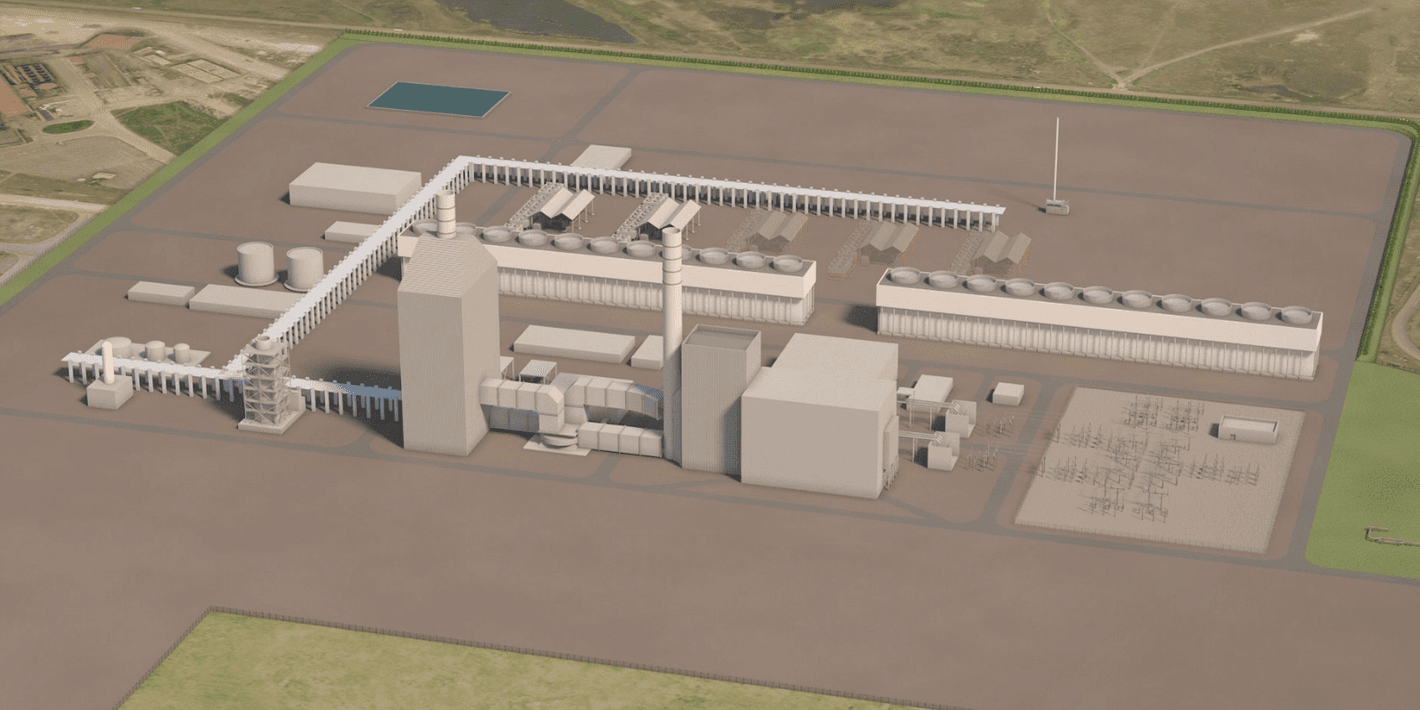Decarbonisation project in Teesside selected in UK Government’s competition

The Department for Energy Security and Net Zero has announced that Equinor and bp’s carbon capture power project Net Zero Teesside Power (NZT Power) has been selected among the first projects in the Government’s rollout of the first industrial Carbon Capture clusters in our industrial heartlands.
The decision paves the way for the project to enter into negotiations with the UK Government on commercial terms, with a planned Final Investment Decision in 2024, to be operational by 2027. It will connect to the East Coast Cluster’s CO2 transport and storage infrastructure, planned to serve both the Humber and Teesside industrial regions, which was selected by the UK Government to become one of the first ‘CCUS clusters’ in the UK. The recent UK Budget included £20bn investment for developing CCUS.
The bid for a new power station fitted with carbon capture technology in Teesside, NZT Power, developed in partnership with bp, further supports decarbonisation ambitions across the North East of England’s industrial regions. Critically, when commissioned it will provide the decarbonised flexible power for local homes and industry, complimenting growing intermittent renewable power such as that produced by the world's largest windfarm, Dogger Bank located off the Yorkshire coast, owned by Equinor and SSE.
Two other Equinor bids in the Humber region were not taken forward at this stage. These include a low carbon hydrogen project, H2H Saltend; and a new power station fitted with carbon capture technology at Keadby, developed in partnership with SSE Thermal.
The Government has confirmed a future ‘Track-1 Expansion Phase’ as well as a ‘Track-2 Phase’ which projects that have not been taken forward, or which did not submit bids into the current process, can bid into at a later date.
Grete Tveit, Senior Vice President of Equinor commented:
“We’re pleased that NZT Power has been selected in this process, which will help to decarbonise vital carbon-intensive sectors in one of the UK’s key industrial hubs. Nevertheless, we had hoped that our projects in the Humber would play a central role in this ambition and we are confident that they support the wider decarbonisation agenda in the UK.
“We expect that the CO2 transportation pipeline connecting the Humber to the Endurance CO2 store is progressed to support the Humber projects which may submit bids into subsequent phases and to help decarbonise the UK’s most energy intensive industrial region.”
Equinor has been a reliable broad energy partner to the UK for almost 40 years, supplying natural gas from Norway, developing domestic energy resources and generating low-carbon electricity.